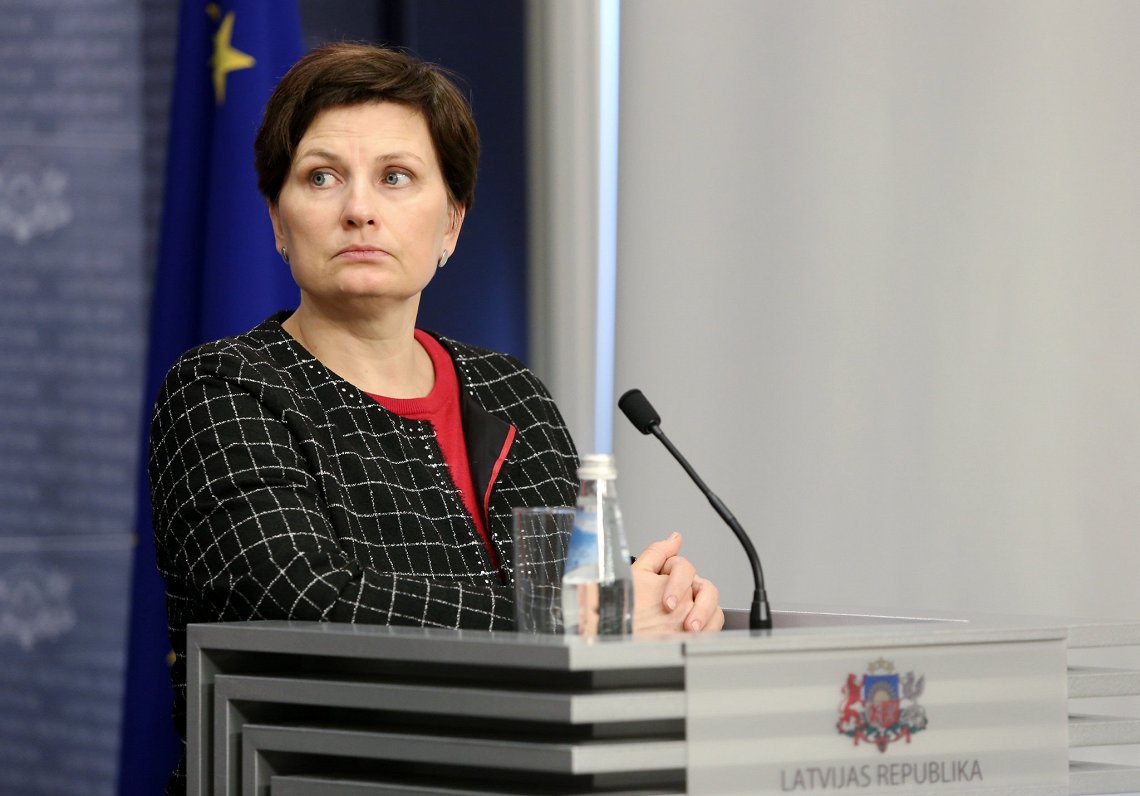Discussions on self-isolation requirements started as the threshold was rapidly approaching last week in neighboring countries Lithuania and Estonia. However, Latvia decided not to use the centralized data of the European Union (EU), but the data provided by both countries, which was marginally lower, and the two countries “escaped” from entering the list of countries from which self-isolation should be observed.
Minister for Health Ilze Viņķele said that epidemiologists had offered to use the countries' own data because it was more accurate. Viņķele acknowledged that these differences were not significant while the situation in neighboring countries was good, but when infection rates started to reach the threshold of 16, it was important to use more accurate data and these differences have a greater impact on human life than on the epidemiological situation.
The Minister said that the government decided not to apply the self-isolation requirements to Estonia and Lithuania, because a small overrun of the threshold does not have such a significant epidemiological impact.
However, looking at how rapidly the rates in Estonia are rising, it is clear that, at the end of the week, Estonia will not escape the list. Estonia's indicator on September 7 was 18.4 and Lithuania's was 16.0.
Meanwhile, Economics Minister Jānis Vitenbergs said he would call on the government to soften requirements and set self-isolation for countries where incidence rates exceed 25.
He said that this should apply to all countries, not only to Estonia and Lithuania, because otherwise there would be problems with unequal treatment between countries. Earlier on Monday, Latvian Commerce and Industry Chamber president Aigars Rostovskis also said all possible tools should be used to reduce the time that people should spend in self-isolation after returning from abroad.
Viņķele, on the other hand, said that the Ministry of Health did not support such a step.
She also pointed out that if the spread of COVID-19 in Latvia grows and the decision to switch to remote education should be taken and parents will have to stay at home with children, the impact on the economy will be significantly higher than the loss of tourists from Estonia and Lithuania to the tourism sector.
Ministers also recalled that, for Estonia and Lithuania, a more flexible mechanism, exemptions for education and working trips were introduced. It is already foreseen that Estonia and Lithuania will not be subject to self-isolation requirements if, within two weeks of reaching the 16 threshold, the number of cases of COVID-19 will not rise more rapidly than 10%.
Viņķele said that Estonia will not be able to fit into this frame, “let us wish the Lithuanians good luck, let us hope they control the virus”.





























